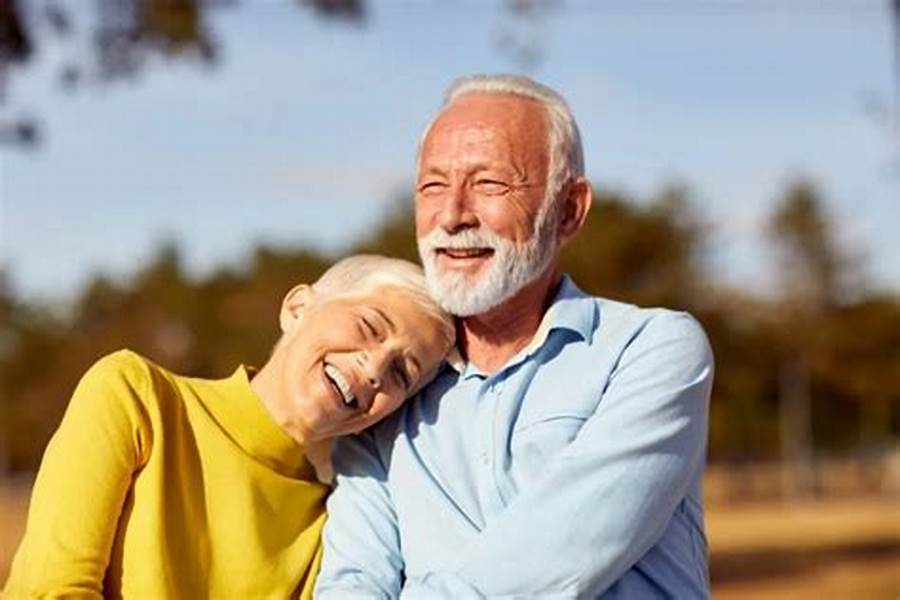Aging is a multifactorial, physiological and complex process that involves biological, psychological and social aspects.
Each of these dimensions interacts with the others, creating a unique and different aging experience for each individual (this is called "heterochrony").
It is characterized by a progressive reduction in the individual's psycho-physical functions and ability to adapt to the environment, distinguishing biological, psychological and social aging.
Biological aging
Aging biologically is a natural process which occurs at the cellular and molecular level, influenced by genetic and environmental factors. It manifests itself with progressive alterations of metabolism, physical-chemical changes of cells, compromising self-regulation, regeneration and leading to structural and functional changes of tissues and organs.
Mechanisms of Biological Aging
-
Telomeres and Aging : Telomeres , which are repeated sequences of DNA at the ends of chromosomes, shorten each time a cell divides. Telomere shortening is associated with aging cells and their reduced ability to divide.
-
Accumulating Cell Damage : DNA damage accumulates over time due to environmental factors such as radiation, toxic chemicals, and oxidative stress caused by free radicals. This damage can impair cellular function and contribute to disease. Additionally, DNA repair mechanisms become less efficient with age.
- Technology and Equipment : Use modern technology and equipment to improve the effectiveness of your workout. Some devices can track your progress and provide information about your physical health, while the right equipment (such as proper footwear and clothing) can improve your performance and prevent injuries.
-
Metabolic changes and decline in mitochondrial function : As we age, cells' metabolism becomes less efficient. This can lead to a buildup of cellular waste products and a reduced ability to use energy effectively.
-
Physiological changes: Aging is accompanied by morpho-functional changes in the different systems and organs. For example, arteries can stiffen, lung capacity can decrease, and cognitive functions can decline.
-
Hormonal changes : The production and regulation of hormones changes with age. For example, menopause in women leads to a decrease in estrogen levels, affecting bone density and cardiovascular health.
-
Immune system decline : The immune system becomes less efficient with age, increasing susceptibility to infections and diseases.
Psychological aging
Psychological aging involves changes in cognitive function, emotional state, and mental health that occur with age. This process is influenced by biological and psychosocial factors, such as social support, life experiences, and sociocultural context. Key aspects of psychological aging include:
-
Cognitive decline : As you age, you may experience changes in your cognitive functions, including slower processing speed, decreased memory, difficulty planning and cognitive flexibility. While some decline in cognitive function is normal, significant impairments can lead to conditions such as dementia.
-
Emotional health : Older adults often show greater ability to manage emotions and may experience higher levels of psychological well-being. than younger people. However, loneliness and depression can be significant problems, especially when accompanied by social isolation or the loss of loved ones.
-
Personality changes : While basic personality traits tend to remain stable, some aspects of personality, such as openness to new experiences or sociability, may change with age.
-
Adaptation to changes : Adaptation to life changes such as retirement, which causes many individuals to feel "useless", empty, lacking in prospects; the loss of a spouse, or changes in health status represent a significant aspect of psychological aging.
-
Progressive overload : Continuously challenging your muscles by increasing weights or changing exercises. This prevents the plateau effect and ensures continued growth.
Social aging
Aging socially is about the impact that age has on a person's social status, relationships, and role in society.
Components of social aging
-
Changing social roles : As people age, they often experience major transitions in social roles, such as retirement, becoming a grandparent, or having to adjust to the loss of a spouse or friends. These changes can affect their self-perception and their status in society.
-
Social Networks : Social connections can change with age. While some older adults may experience social isolation, others maintain strong social networks through family, friends, and community involvement.
-
Age discrimination : Negative age stereotypes can lead to discrimination and marginalization of older people, limiting their opportunities and negatively impacting their self-esteem and well-being.
-
Economic Factors : Financial security is essential to maintaining independence and accessing health care and other necessary resources.
-
Access to Health Care : Aging requires access to quality health care services to manage age-related health problems. Social support systems and community resources influence older adults' well-being.



